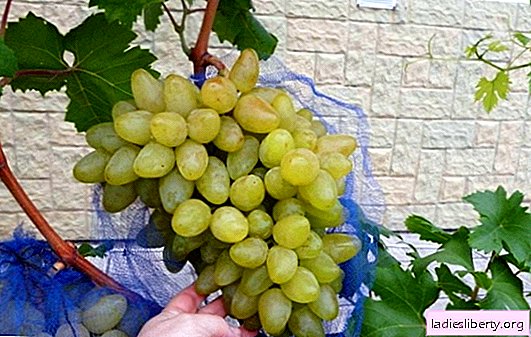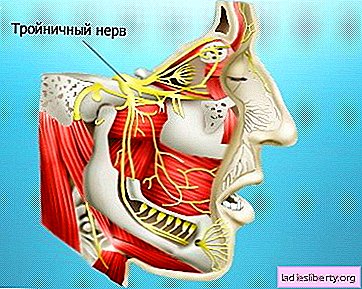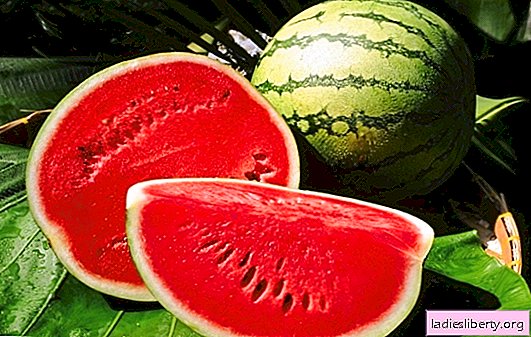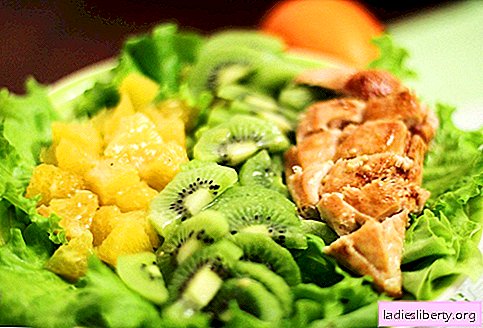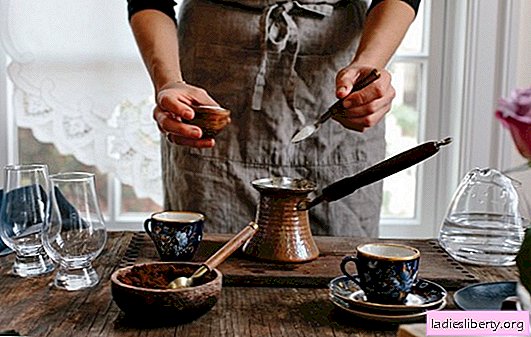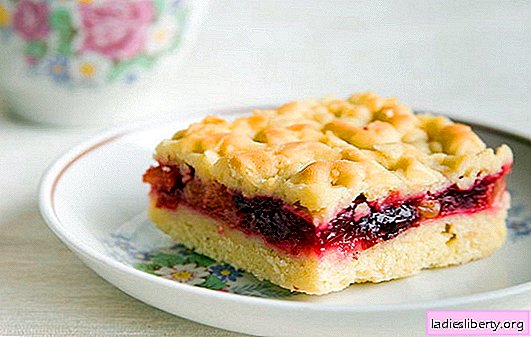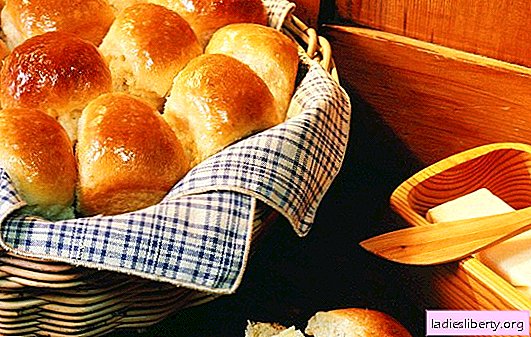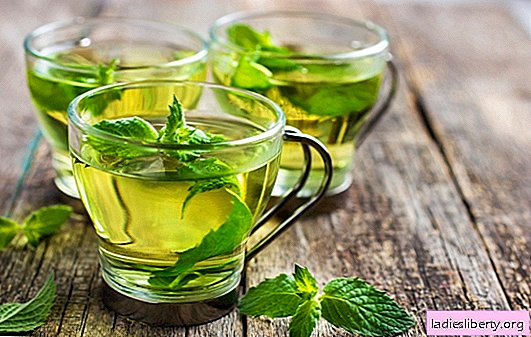
Peppermint tea is a delicious and beloved drink by many. Modern research has shown that tea with peppermint leaves is great for both adults and children. Moreover, a fragrant drink has many beneficial properties and has a positive effect on the human body. So what do we know about the benefits and dangers of peppermint tea?
A little about mint
Peppermint is a herbaceous plant that has many beneficial properties. The composition of this medicinal plant contains such components necessary for the human body as menthol, carotene, glucose, arginine, ascorbic acid. Also, mint is rich in tannins, phytosterols, saponins, essential oils, resins, oleic and chlorogenic acids.
It has long been known that mint leaves in tea can alleviate a person’s condition in the heat, strengthen immunity, act as an excellent additional medicine for SARS, and also calm the nervous system, relieve stress, help fight insomnia and restless sleep.
In addition, mint leaves were used in the treatment of diseases of the skin, gastrointestinal tract, cardiovascular system, helped to cope with headaches and menstrual cramps, to alleviate the course of toxicosis.
That is, we can say that mint of different species was used by our ancestors as a medicinal herb for the prevention and treatment of many diseases. The beneficial properties of mint are used today. The most striking example is mint tea.
Useful properties of mint in tea
Mint is a medicinal plant and for good reason, because it has at least three useful properties:
1. Anesthetizes
2. Soothes
3. Tones up
Thanks to this additive in tea, the drink begins to positively affect the human body. Peppermint tea has the following beneficial properties:
Diuretic action
· Contributes to the burning of body fat
· Biliary action
Eliminates nausea and vomiting
Soothing effect
· Eliminates bad breath
Analgesic effect
· Strengthens the immune system
· Anti-inflammatory effect
· Antibacterial action
· Facilitates the state of "seasickness"
· Eliminates constipation
From the foregoing, we can conclude that mint tea is an excellent assistant for a huge number of diseases and conditions, which, of course, is conducive to its use.
The harm of mint tea to human health
Despite the fact that a tea drink with mint leaves, and the plant itself, have a large number of useful properties, this does not mean that there are no contraindications to the use of mint tea. Tea with mint leaves can be harmful, and this drink is not recommended for people with certain diseases and conditions. So who is not recommended to drink peppermint tea?
· Pregnant and women during lactation
For pregnant women and mothers during lactation, peppermint tea in the diet is allowed, but in minimal quantities. Abuse of the drink is fraught with miscarriage in the early stages and lack of breast milk.
· People allergic to peppermint or menthol
An allergy to menthol or the plant itself manifests itself, often in childhood. If you know about the presence of an allergic reaction, then you should try your luck and it is better to find an alternative to aromatic mint tea. If an allergy appeared or was found in the process of drinking tea with mint leaves, then you must immediately exclude this drink from the diet and consult an allergist.
Hypotonic
Peppermint tea refers to drinks that perfectly lower blood pressure, and is recommended for use with hypertension. However, for people who suffer from chronic low blood pressure, tea with peppermint leaves can be a serious health hazard.
· People prone to heartburn
In addition to the above, mint tea poses a threat to men, since a drink with leaves of a medicinal plant lowers the level of the hormone testosterone and reduces potency.
Also, uncontrolled use of mint tea can be fraught with many serious deviations. The optimal dosage is one cup of tea per day. Nothing can do more harm than the consumption of a product in unlimited quantities.
How to brew tea with mint?
Tea connoisseurs will say that the taste, aroma and most importantly - the benefit of the drink depends on the correctness and literacy of the process of its preparation. Brewing tea has long been included in the traditional national rituals of many peoples, but how to make tea with mint leaves at home, while preserving the maximum benefit in it, do not resort to the methods of distant peoples and ancient ancestors?
Peppermint tea is not particularly difficult to brew. To prepare a refreshing drink, black and green tea are suitable.
The first step is boiling water to brew tea. Water must be boiled for several minutes, and then let it cool to 90-100 degrees. By the way, a drink with mint leaves retains maximum benefit in a teapot made of ceramic or glass. Before brewing tea, the teapot should be warmed up. To do this, it is enough to rinse the vessel several times with boiling water.
Mint needs to be prepared in advance by cutting it the size of tea leaves. In this form, peppermint juice will enrich the taste of the tea drink. When brewing components, you should pay attention that the mint dust should be slightly less than tea brewing. Having determined the proportions, mix the ingredients and pour boiling water (90-100 degrees).
The last step is to let it brew. To do this, close the teapot with a lid and wrap it with a warm towel. Usually, 15 minutes is enough for a fragrant and healthy tea.
Having studied the rules for brewing mint tea, we can conclude that in order to maintain the beneficial properties of the drink, you do not need to make special efforts. The process of making tea with mint leaves will not take much time, but it will give the whole spectrum of its positive effect on the human body.
The effect of peppermint tea on children
As for mint tea in the diet of children, here we can say for sure that children under 5 years old should not drink tea with mint leaves. But even after the fifth year of life, you should not give your child a mint tea drink as well as an adult. The dosage of mint in tea should be reduced by 2, or even 3 times, so as not to harm the health of the child.
Such complications include an allergic reaction that occurs on a herb or menthol, itching of the skin, redness and rash.
Moreover, scientists have not yet studied the question of the effect of mint on the children's body, so it’s impossible to safely argue about the benefits or dangers of tea with mint leaves for children. Before deciding whether to include peppermint tea in a child’s diet, consult a pediatrician.
In conclusion, we can say that, of course, mint, like a plant, and tea with mint leaves are a storehouse of useful substances. But you should use such a drink with extreme caution, not exceeding the dosage rate and paying attention to contraindications.

